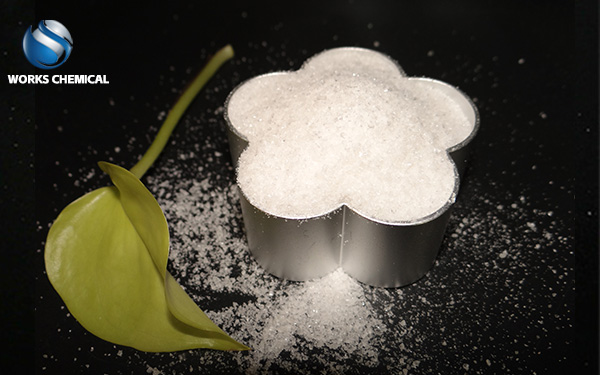
There are significant differences between sludge enhancers and ordinary sludge dewatering agents on the market in many aspects, the following is a detailed analysis of these differences:

Composition and mechanism of action
Sludge synergist:
The main components are inorganic compounds, sludge surface structure modifier, degreaser, wall breaking agent, sludge surface treatment agent, sludge stripping agent, etc.
The physical and chemical properties of the sludge are changed by chemical action, the colloidal structure of the sludge is destroyed, the viscosity of the sludge is reduced, and the solid content of the sludge is increased, so as to achieve efficient dehydration.
Common sludge dewatering agent:
Common types include polyacrylamide, polyaluminum chloride, ferric chloride, lime, etc.
Sludge dehydration is mainly achieved through physical and chemical processes such as flocculation and precipitation, but there may be problems such as high cost of use, strong corrosion to equipment, and easy clogging of filter cloth.
Two. Dehydration effect and efficiency
Sludge synergist:
Can reduce the sludge moisture content from more than 90% to 40%60%, or even lower to 35%55%, to achieve deep dehydration.
Improve the mud pressing rate of mechanical equipment, shorten the mud pressing cycle, and significantly improve the dehydration efficiency.
Common sludge dewatering agent:
The dehydration effect is relatively limited and may not meet the needs of deep dehydration.
Dehydration efficiency is relatively low and may require longer dehydration times and higher energy consumption.
Impact on equipment and environment
Sludge synergist:
Non-corrosive to sludge dewatering equipment, reduce equipment loss and maintenance costs.
It is conducive to the subsequent incineration of sludge, brick making, composting and other treatment, and reduce environmental pollution.
Common sludge dewatering agent:
May cause corrosion of sludge dewatering equipment and increase equipment maintenance cost.
Some agents may contain ingredients that are harmful to the environment, and improper handling may lead to secondary pollution.
4. Scope of application and ease of operation
Sludge synergist:
Wide range of application, can be used in municipal sewage treatment plants and various industrial and domestic sewage treatment facilities of sludge pre-concentration, sludge dehydration.
Convenient operation, can achieve all-weather unattended, reduce labor costs.
Common sludge dewatering agent:
The scope of application is relatively limited and may need to be adjusted according to different sludge types.
The operation is relatively complex and may require manual monitoring and adjustment of the dosage.
In summary, sludge synergists are superior to ordinary sludge dewatering agents on the market in terms of composition and mechanism of action, dewatering effect and efficiency, impact on equipment and environment, application scope and operation convenience. Therefore, in sludge dewatering treatment, sludge synergists have wider application prospects and higher economic benefits.